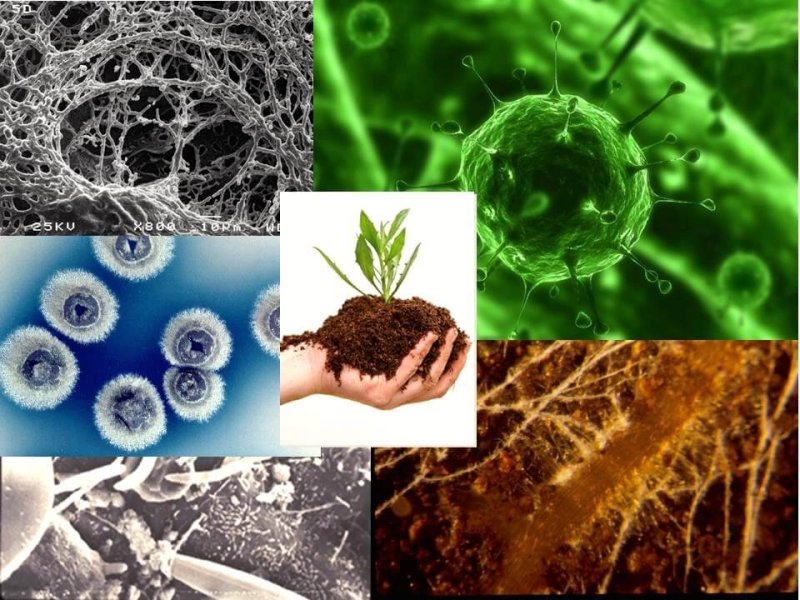Civic and mechanical engineering harnessed the principles of physics to erect buildings, cities, and modes of transportation. Chemical engineering exploited the interaction of molecules to create customized chemicals and consumer products.
But biology is the scientific field with perhaps the greatest ultimate potential.
…
[O]nly recently have we been able to arrange and build them ourselves, to create things that could improve society. This new field of scientific engineering — coming to be known as synthetic biology — is becoming one of the fastest-growing areas within all of life sciences. And it will have a rather significant impact on our society at large.Many are already referring to synthetic biology as “the next IT industry” …. The leader in this exciting new field is Ginkgo Bioworks, which accounts for nearly half of the world’s synthetic DNA output. Hailing from research developed at MIT, Ginkgo’s goal is to produce biology at scale, using machine-learning computations to design customized protein molecules.
That means they’re actually printing the base pairs of DNA — arranged in the proper sequence — to synthetically create living things. One example is their recent joint venture with Bayer to engineer microbiome enzymes for soil, which is helping crops better absorb fertilizer nutrients and produce a better yield.
Read full, original article: Synthetic Biology Is Becoming the Next IT Industry. Here’s What Investors Need to Know































